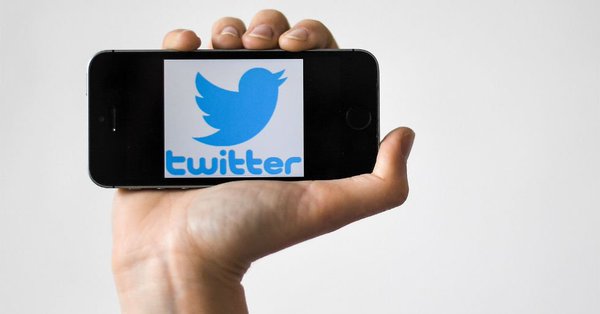The social media conversation over the climate crisis is being reshaped by an army of automated Twitter bots, with a new analysis finding that a quarter of all tweets about climate on an average day are produced by bots, the Guardian can reveal.
The stunning levels of Twitter bot activity on topics related to global heating and the climate crisis is distorting the online discourse to include far more climate science denialism than it would otherwise.
An analysis of millions of tweets from around the period when Donald Trump announced the US would withdraw from the Paris climate agreement found that bots tended to applaud the president for his actions and spread misinformation about the science.
The study of Twitter bots and climate was undertaken by Brown University and has yet to be published. Bots are a type of software that can be directed to autonomously tweet, retweet, like or direct message on Twitter, under the guise of a human-fronted account.
“These findings suggest a substantial impact of mechanized bots in amplifying denialist messages about climate change, including support for Trump’s withdrawal from the Paris agreement,” states the draft study, seen by the Guardian.
On an average day during the period studied, 25% of all tweets about the climate crisis came from bots. This proportion was higher in certain topics – bots were responsible for 38% of tweets about “fake science” and 28% of all tweets about the petroleum giant Exxon.
Conversely, tweets that could be categorized as online activism to support action on the climate crisis featured very few bots, at about 5% prevalence. The findings “suggest that bots are not just prevalent, but disproportionately so in topics that were supportive of Trump’s announcement or skeptical of climate science and action”, the analysis states.
Thomas Marlow, a PhD candidate at Brown who led the study, said the research came about as he and his colleagues are “always kind of wondering why there’s persistent levels of denial about something that the science is more or less settled on”.
The researchers examined 6.5m tweets posted in the days leading up to and the month after Trump announced the US exit from the Paris accords on 1 June 2017. The tweets were sorted into topic category, with an Indiana University tool called Botometer used to estimate the probability the user behind the tweet is a bot.
Marlow said he was surprised that bots were responsible for a quarter of climate tweets on an average day. “I was like, ‘Wow that seems really high,’” he said.
The consistent drumbeat of bot activity around climate topics is highlighted by the day of Trump’s announcement, when a huge spike in general interest in the topic saw the bot proportion drop by about half to 13%. Tweets by suspected bots did increase from hundreds a day to more than 25,000 a day during the days around the announcement but it wasn’t enough to prevent a fall in proportional share.
Trump has consistently spread misinformation about the climate crisis, most famously calling it “bullshit” and a “hoax”, although more recently the US president has said he accepts the science that the world is heating up. Nevertheless, his administration has dismantled any major policy aimed at cutting planet-warming gases, including car emissions standards and restrictions on coal-fired power plants.
The Brown University study wasn’t able to identify any individuals or groups behind the battalion of Twitter bots, nor ascertain the level of influence they have had around the often fraught climate debate.
However, a number of suspected bots that have consistently disparaged climate science and activists have large numbers of followers on Twitter. One that ranks highly on the Botometer score, @sh_irredeemable, wrote “Get lost Greta!” in December, in reference to the Swedish climate activist Greta Thunberg.
This was followed by a tweet that doubted the world will reach a 9-billion population due to “#climatechange lunacy stopping progress”. The account has nearly 16,000 followers.





























